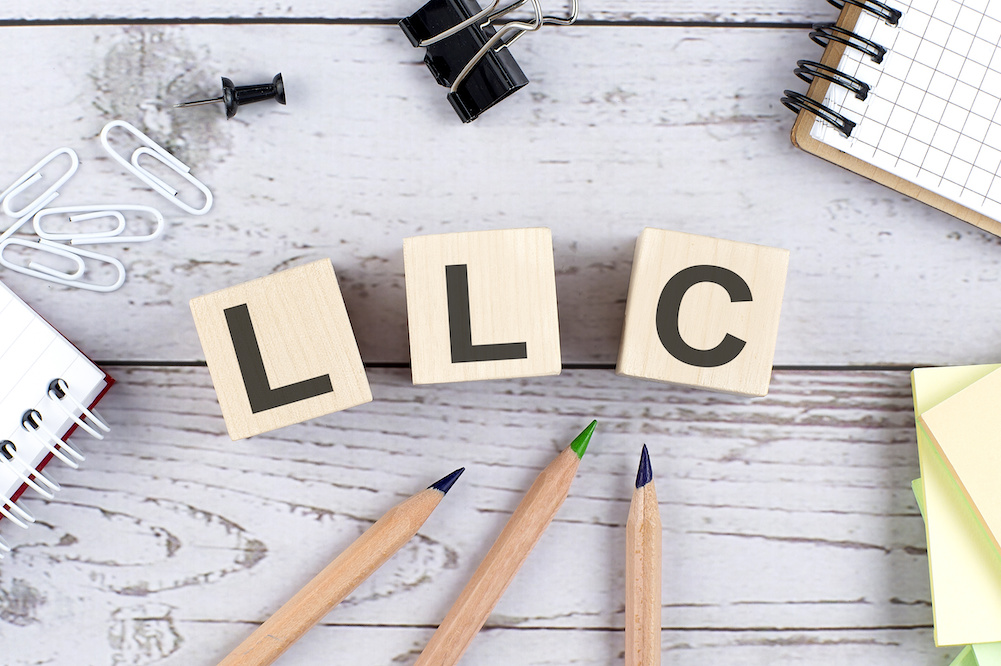Although many small firms are limited liability corporations (LLCs), some founders may not need the protections afforded by an LLC. Check to see if you are one of them.

Many small firms are structured as limited liability organisations, or LLCs, since they provide the same liability protection as corporations but having a less rigid structure and less administrative responsibilities.
However, not everyone need an LLC. Some firms work well as sole proprietorships, while others should create a corporation. Here are some fundamentals to help you determine what’s best for you.
Table of Contents
What Can a Limited Liability Company Do for Me?
The formation of an LLC provides your company with its own legal personality. In the perspective of the law, it is a distinct “person” who may possess money and property, open a bank account, enter into contracts, sue and be sued.
As a result, your company’s creditors cannot pursue any funds or assets that are not held by the LLC. Your house, bank account, and other personal possessions are safe. In contrast, if you run a sole proprietorship or general partnership, you and the company are not legally distinct, and everything you possess is at risk.
LLCs also offer the following advantages:
If you have company partners or workers, an LLC shields you from personal responsibility for the activities of your co-owners or employees.
An LLC provides a framework for running your firm, including decision-making, profit and loss distribution, and coping with new or exiting owners.
An LLC provides tax advantages. The majority of LLCs are taxed as a sole proprietorship or partnership, however LLCs may also elect S corporation or C corporation taxation.
What an LLC Isn’t Able to Do
An LLC, unlike a corporation, cannot issue shares, which complicates things if you want to attract investors. Many investors prefer corporations over limited liability companies.
Your state may not permit you to create an LLC if you are a licenced professional such as a doctor, lawyer, accountant, architect, or engineer.
Depending on your state, you might instead establish a professional limited liability company, professional corporation, or professional limited liability partnership.
An LLC’s liability protection is likewise limited. Even if the charges are connected to your company, you will still be personally accountable if someone sues you for your own carelessness or malfeasance. If you directly guarantee a contract or loan, an LLC will not safeguard your assets. It also does not protect the company from losing everything in the event of a fire, flood, litigation, or economic depression.
Because of these restrictions, an LLC should never be your first line of defence when dealing with company challenges. Insurance is necessary to safeguard you and your company from the unexpected. An LLC then offers another layer of protection by shielding your personal assets from the creditors of your firm.
Who Benefits the Most from a Limited Liability Company?
Your company is more likely to profit from becoming an LLC if any of the following is true:
You have workers or co-owners. Your personal assets are at danger if your company is sued for whatever a co-owner or employee does if you do not have an LLC or another business organisation. The operational structure of an LLC also aids in the avoidance of dispute and misunderstandings between you and your company partners.
Your company faces considerable dangers. Some firms are more likely to collapse than others. Others face financial as well as liability concerns. Multiple LLCs, for example, are a frequent method used by rental property owners to guarantee that financial troubles with one rental do not affect the others—or your personal life savings.
Who Is Exempt from the Need to Form an LLC?
Forming a company organisation, such as an LLC or corporation, is usually always a good idea, but it isn’t necessarily a must for solo entrepreneurs.
Consider the following factors when deciding if you need an LLC:
Whether you want to work with partners, hire workers, or bring in outside investors.
Whether you have large contracts or creditors that might result in financial difficulties or litigation. For example, if you own commercial real estate, an unpaid creditor or court judgement might quickly bring personal financial difficulty, but this is far less probable for most consultants and Etsy merchants.
Whether you want to incur the extra costs and responsibility that come with founding and maintaining an LLC. There is a price to create an LLC, and you must submit yearly reports and pay an annual fee in most states. A separate LLC bank account is also required.
Make sure you have enough business insurance if you want to reduce your company’s responsibility. An LLC might give an additional layer of security if you have company partners, staff, or major hazards.
